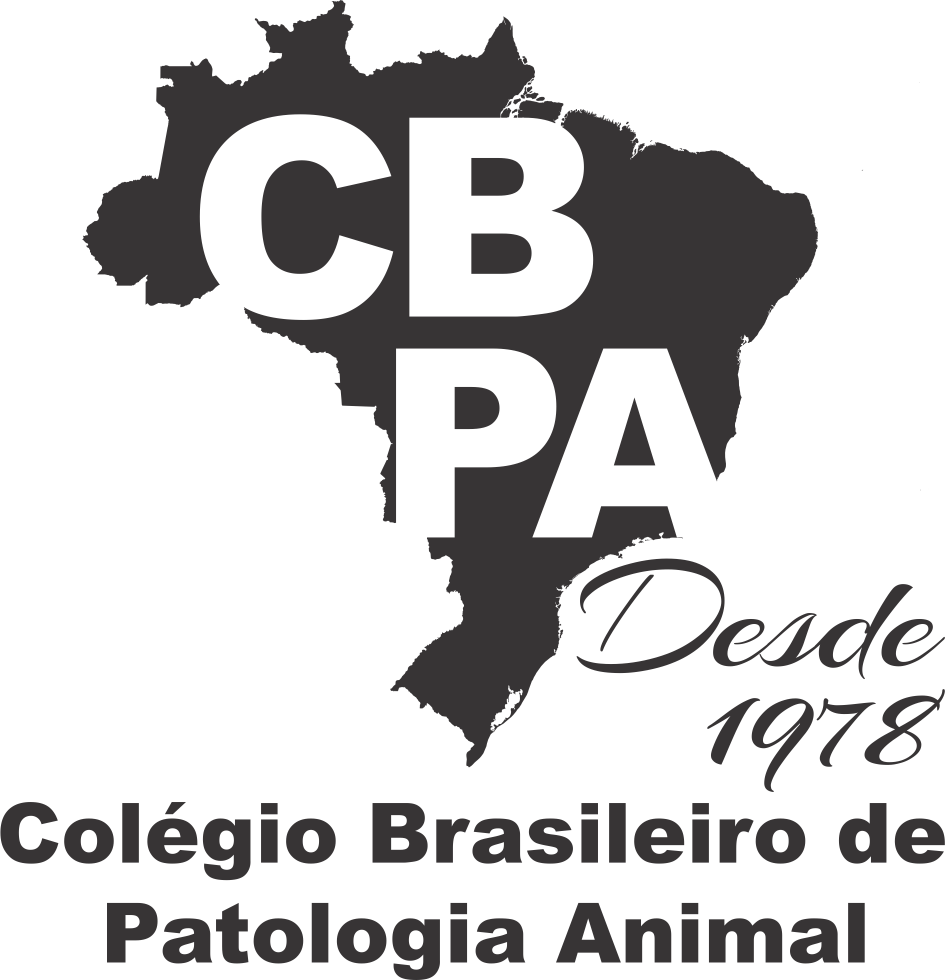Resultado da pesquisa (1)
Termo utilizado na pesquisa prevalence.
#1 - Prevalence of antibodies against chicken anaemia virus (CAV) in broiler breeders in Southern Brazil
Abstract in English:
Canal C.W., Ferreira D.J., Macagnan M., Fallavena L.C.B., Moraes H.L.S. & Wald V.B. 2004. Prevalence of antibodies against chicken anaemia virus (CAV) in broiler breeders in Southern Brazil. Pesquisa Veterinária Brasileira 24(2):89-92. Centro de Diagnóstico e Pesquisa em Patologia Aviária (CDPA), Faculdade de Veterinária da Universidade Federal do Rio Grande do Sul, Porto Alegre, RS 91540-000, Brazil. E-mail: claudio.canal@ufrgs.br
Chicks infected during the first two weeks of life with chicken anaemia virus (CAV) manifest clinical disease that can be avoided if the breeder hens transfer enough antibodies to their progeny. The objective of the present work was to establish the prevalence and titer of anti-CAV antibodies in some Brazilian broiler hen breeder flocks and verify in which phase of life the birds were infected. A total of 1,709 serum samples from 12 broiler hen flocks vaccinated against CAV and 64 unvaccinated flocks were analyzed for CAV antibodies with an enzyme-linked immunosorbent assay (ELISA). All non-vaccinated breeder flocks were found to be infected with CAV, with 89% of the hens tested presenting antibodies, 52% of these with titers considered high enough to protect their progeny against CAV infection. Likewise, all vaccinated hens had antibody titer to CAV capable of conferring protection to their progeny. Thus, vaccination of hens seems capable of conferring protection to chicks against clinically apparent CAV-associated disease.
Abstract in Portuguese:
Canal C.W., Ferreira D.J., Macagnan M., Fallavena L.C.B., Moraes H.L.S. & Wald V.B. 2004. Prevalence of antibodies against chicken anaemia virus (CAV) in broiler breeders in Southern Brazil. Pesquisa Veterinária Brasileira 24(2):89-92. Centro de Diagnóstico e Pesquisa em Patologia Aviária (CDPA), Faculdade de Veterinária da Universidade Federal do Rio Grande do Sul, Porto Alegre, RS 91540-000, Brazil. E-mail: claudio.canal@ufrgs.br
Chicks infected during the first two weeks of life with chicken anaemia virus (CAV) manifest clinical disease that can be avoided if the breeder hens transfer enough antibodies to their progeny. The objective of the present work was to establish the prevalence and titer of anti-CAV antibodies in some Brazilian broiler hen breeder flocks and verify in which phase of life the birds were infected. A total of 1,709 serum samples from 12 broiler hen flocks vaccinated against CAV and 64 unvaccinated flocks were analyzed for CAV antibodies with an enzyme-linked immunosorbent assay (ELISA). All non-vaccinated breeder flocks were found to be infected with CAV, with 89% of the hens tested presenting antibodies, 52% of these with titers considered high enough to protect their progeny against CAV infection. Likewise, all vaccinated hens had antibody titer to CAV capable of conferring protection to their progeny. Thus, vaccination of hens seems capable of conferring protection to chicks against clinically apparent CAV-associated disease.









